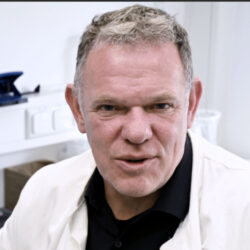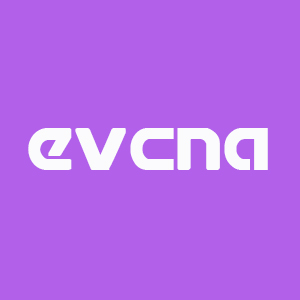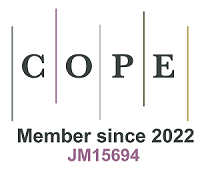EVCNA Expert Interview Series XVI- Prof. Dr. Bernd Giebel
On 13rd December, 2023, the Editorial Office of Extracellular Vesicles and Circulating Nucleic Acids (EVCNA) had an exclusive interview with Dr. Bernd Giebel. This discussion revolved around his idea as one of the initiators of the MOVE project and his current research projects on the therapeutic potential of EVs released from mesenchymal stem/stromal cells (MSCs). Dr. Giebel, a professor at the Institute for Transfusion Medicine and University Hospital Essen and one of the initiators of the MOVE project, is also an active as a member of the International Society of Extracellular Vesicles (ISEV). During the interview, Dr. Giebel shared his research journey, ongoing projects, and progress, and elaborated on the technologies for EV preparation and characterization. In addition, Dr. Giebel talked about his future research plans and goals and gave several valuable suggestions for researchers to begin their journey in this field.
Watch the following video for expert insights from Prof. Dr. Bernd Giebel:
Interview Questions:
Q1: Congratulations again on receiving the EVCNA MOVE Award! We all know that you are the President of the German Society for Extracellular Vesicles (GSEV) and one of the initiators of the MOVE project. Could you please share with us how you came up with the idea of MOVE? What is the difference between the positioning of MOVE and GSEV?
Q2: We understand that your career has spanned research on hematopoietic stem and progenitor cells to extracellular vesicles (EVs). Could you please share with us your research journey?
Q3: One of your current research interests focuses on deciphering the therapeutic potential of EVs released from mesenchymal stem/stromal cells (MSCs). Could you please share with us the latest research progress in this area?
Q4: Extensive research in the past decade has established that the breadth of EV applications is wide. However, efforts to standardize isolation and purification methods have not yet brought us to a point that matches the potential of extracellular vesicles for clinical use. We learned that your research also involves improving technologies for EV preparation and characterization. What is the biggest challenge you face in optimizing and qualifying MSC-EV production for clinical settings?
Q5: How long do you think it will take to optimize and standardize the large-scale production of MSC-EVs for clinical use?
Q6: What kind of suggestions would you like to give to early-career scientists?
Q7: What are your goals for the next 5 years?
About the Interviewee:

Prof. Dr. Bernd Giebel, Institute for Transfusion Medicine, University Hospital Essen, University of Duisburg-Essen, Essen, Germany.
Bernd Giebel studied biology at the University zu Köln and received his PhD in 1996. 1999 he moved to the Heinrich-Heine-University of Düsseldorf, started to work with human hematopoietic stem and progenitor cells and set up his own group. In 2008 he moved to the University Hospital Essen and continued his studies on human somatic stem cells. In 2009, as a 2nd topic his group started to work with EVs, setting a focus on mesenchymal stem/stromal cell-derived EVs (MSC-EVs). Together with collaboration partners the group demonstrated the therapeutic potential of prepared MSC-EVs in a human GvHD-patient and in different animal models. It is the goal to optimize the MSC-EV production and characterization process to efficiently translate MSC-EVs into the clinics. He is the president of the German Society of Extracellular Vesicles (GSEV), co-chairing the exosome working of the group of the International Society of Gene and Cell Therapy (ISCT) and part of the scientific advisory board of two SME companies, Innovex Therapeutics and EVOX.
Editor: Yan Lei
Production Editor: Ting Xu
Respectfully Submitted by the Editorial Office of Extracellular Vesicles and Circulating Nucleic Acids










